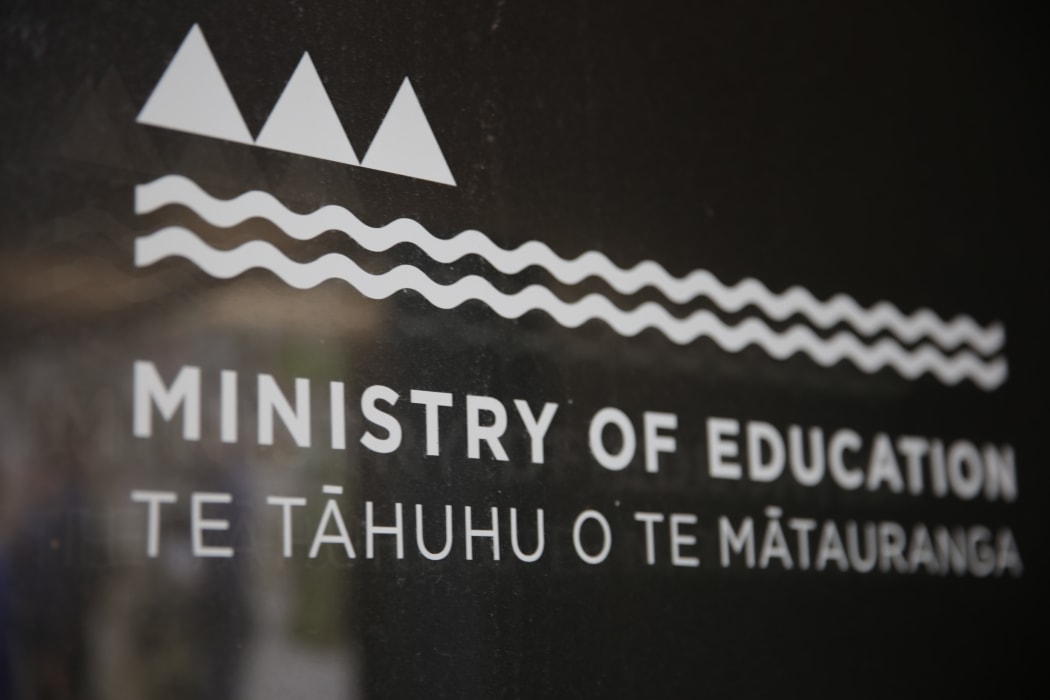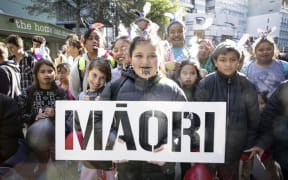Principals at schools that have targeted unconscious bias against Māori students are welcoming a plan to do so nationwide, but a union warns it could alienate teachers.

The Ministry of Education has told the government it could develop a scheme to counter teachers' unconscious bias against Māori students. Photo: RNZ / Richard Tindiller
The Post Primary Teachers Association has warned the Education Ministry that over-emphasising the effect of teachers' attitudes on Māori acheivement risked alienating teachers.
The ministry had told the government it could develop a scheme to change the way teachers treated Māori students to achieve a "step change" in Māori students' achievement.
A briefing paper to Associate Education Minister Kelvin Davis said the programme could build on Te Kōtahitanga, a successful scheme the previous government stopped funding in 2013.
Some schools still run Te Kōtahitanga using their own money, including Kerikeri High School.
Principal Elizabeth Forgie said her school would be keen to help the ministry develop a new programme.
"We've learned a lot since we began implementing Te Kōtahitanga in 2004 and the reason that our board continues to fund the programme in the school is that it's made a dramatic difference to our Māori students."
Ms Forgie said 30 percent of the school's students were Māori, and since introducing Te Kōtahitanga their achievement rate for NCEA level 1 had risen from 43 percent to well over 80 percent.
The programme included a Te Kōtahitanga facilitator working alongside every teacher and critiquing how their teaching practices and classroom behaviour affected Māori students.
"[The approach] was to change classroom practice and people came round to the idea that they had been thinking in a certain way," she said.
"When you see your Māori students thriving, that makes all the difference."
Any new programme needed to be adequately funded and run for a long period of time, she said.
Post Primary Teachers Association president Jack Boyle said it accepted teachers had unconscious bias but the ministry risked alienating teachers by over-emphasising the effect on Māori achievement.
"Engaging with that particular programme, Te Kōtahitanga, is perhaps not going to be as well-supported as saying 'we want the best-evidenced, the best-resourced, the best-supported programmes and practices to support all of our ākonga [students]."
However, William Colenso College principal Daniel Murfitt said the Napier school had also used Te Kōtahitanga and continued with similar approaches after the government's funding ended.
Te Kōtahitanga made a big difference at his school, he said.
"We have had a significant shift in achievement so the disparity between Māori and others has gone, but at the same time everybody's achievement has grown.
"So really what I say is what works well for Māori does actually work well for all."
There was potential for nationwide improvements in Māori achievement if a programme similar to Te Kōtahitanga was extended across the school system, he said.
"But it needs to be a long-term. There's no short, quick fix for a century-plus of colonisation," he said.






